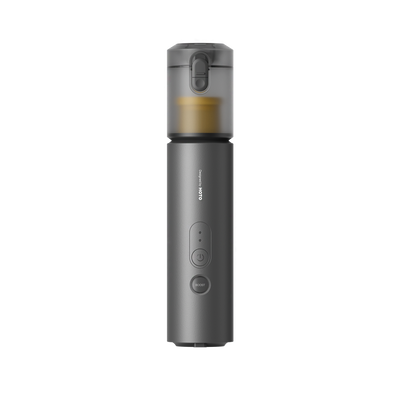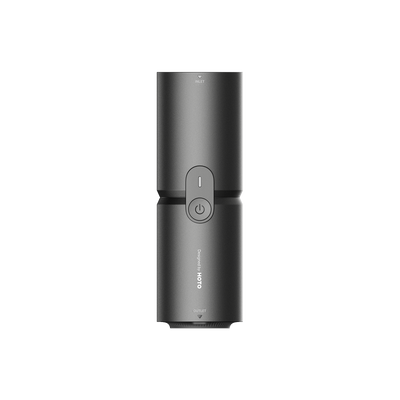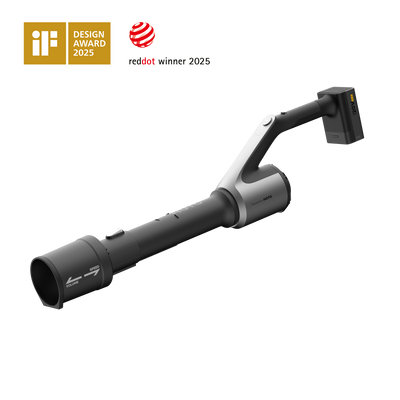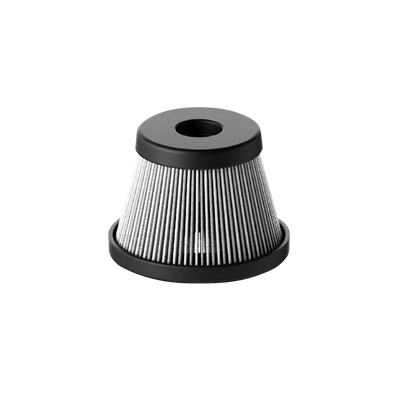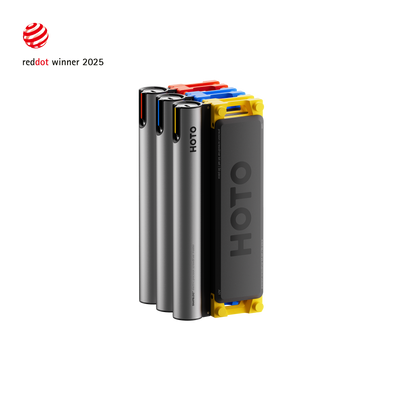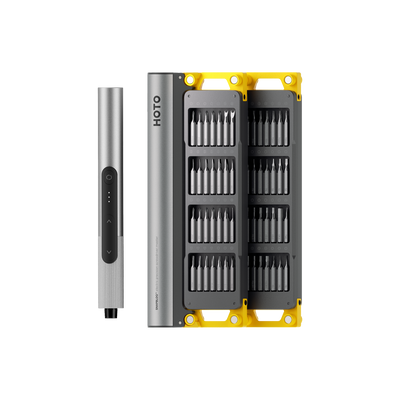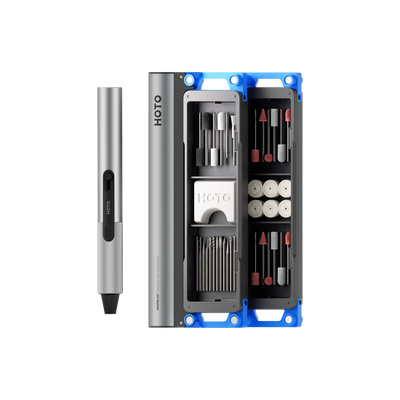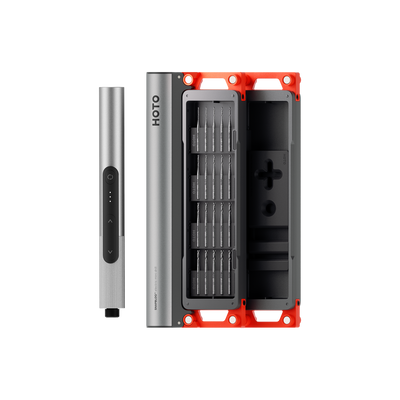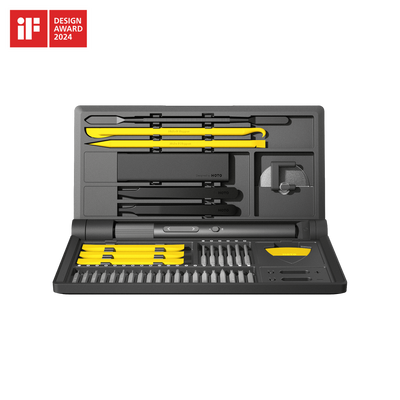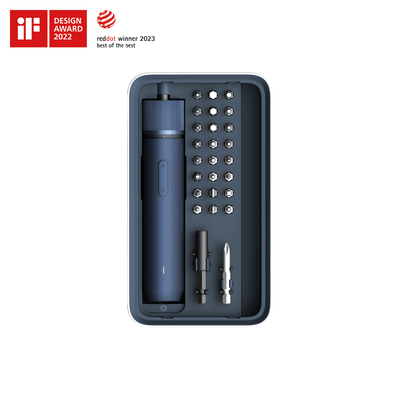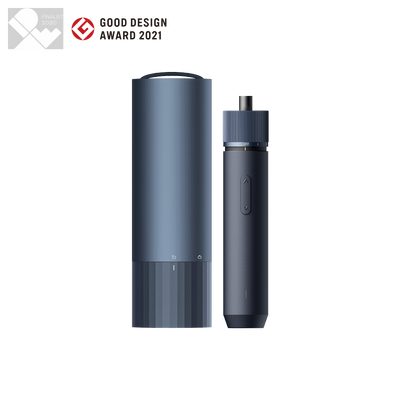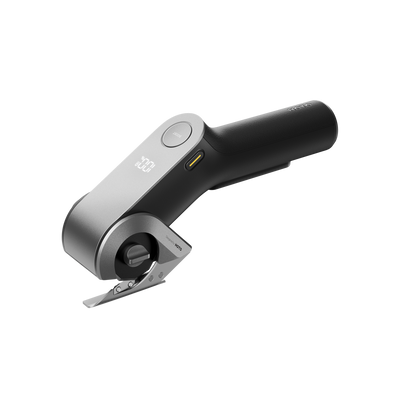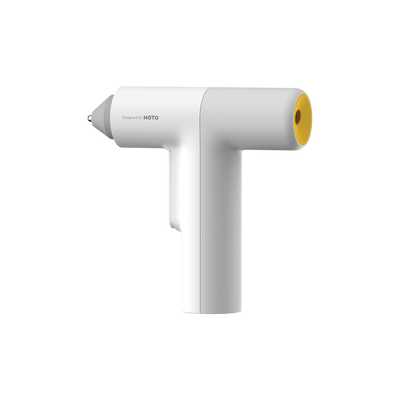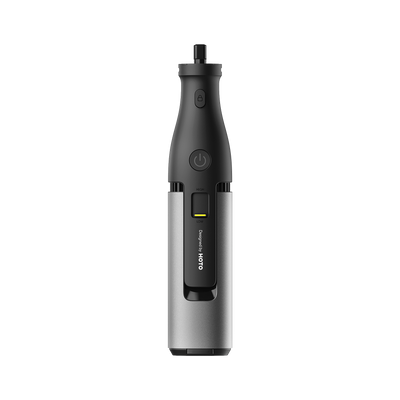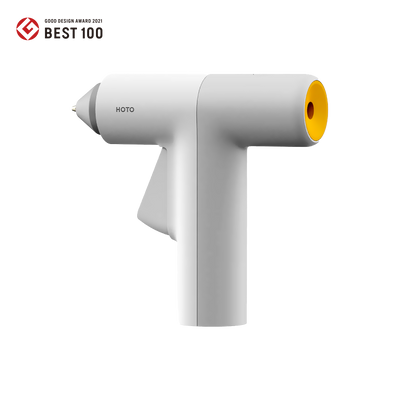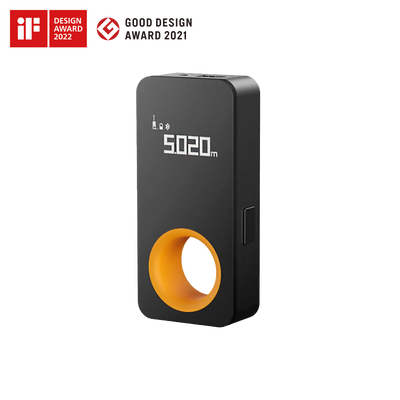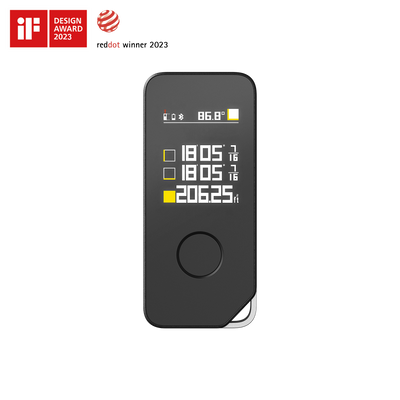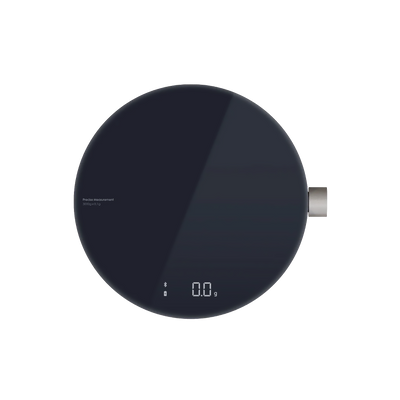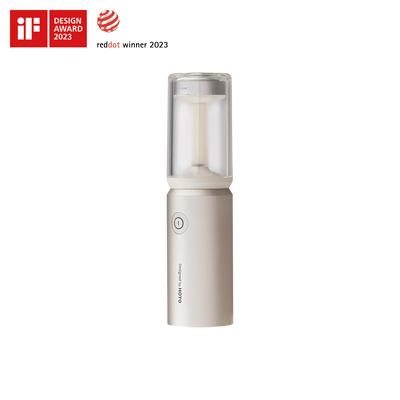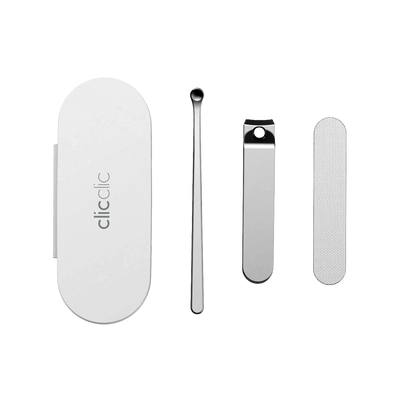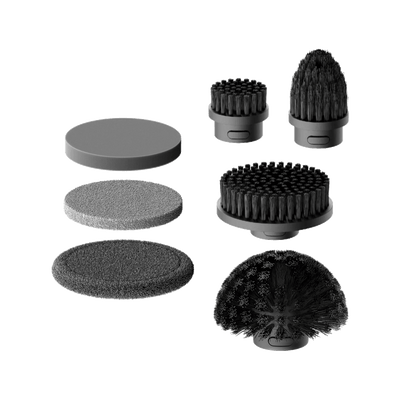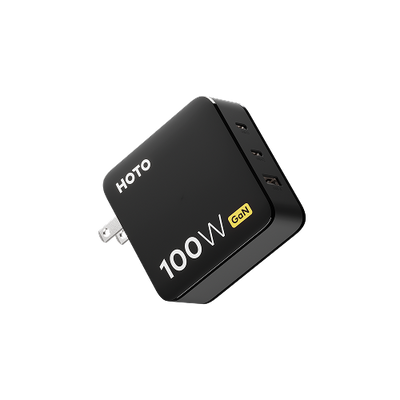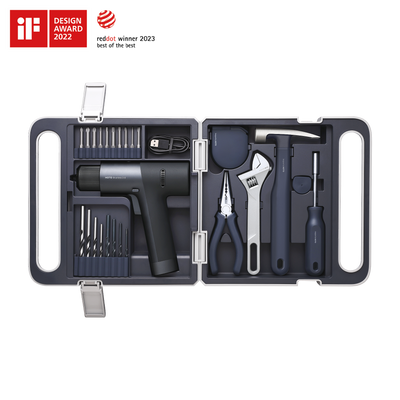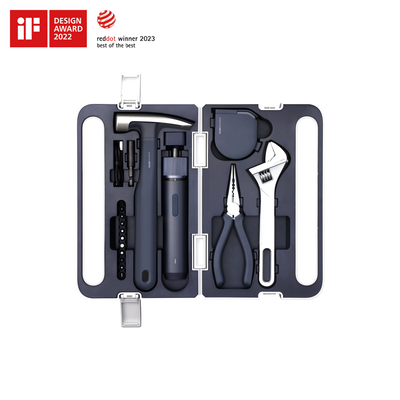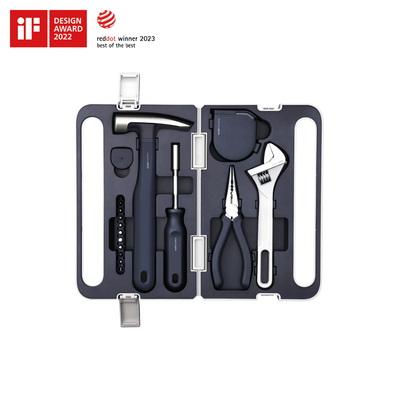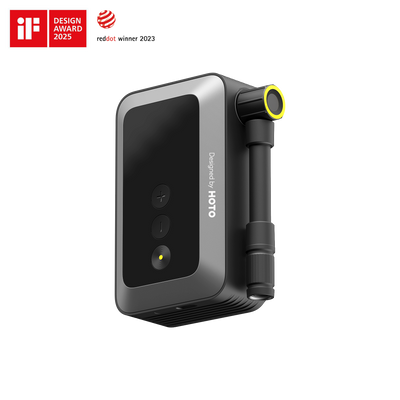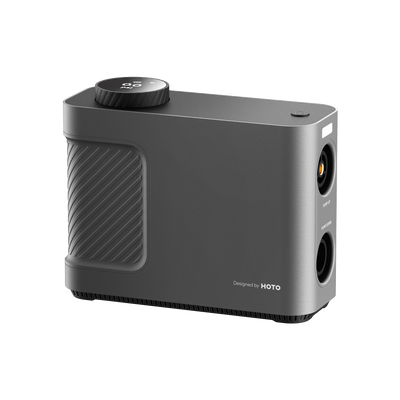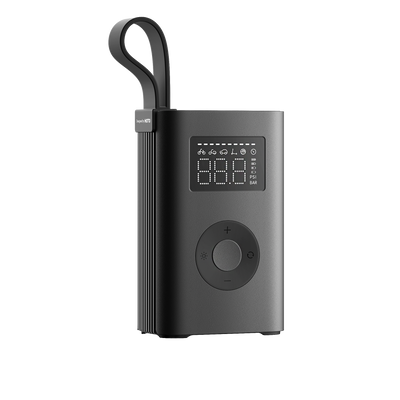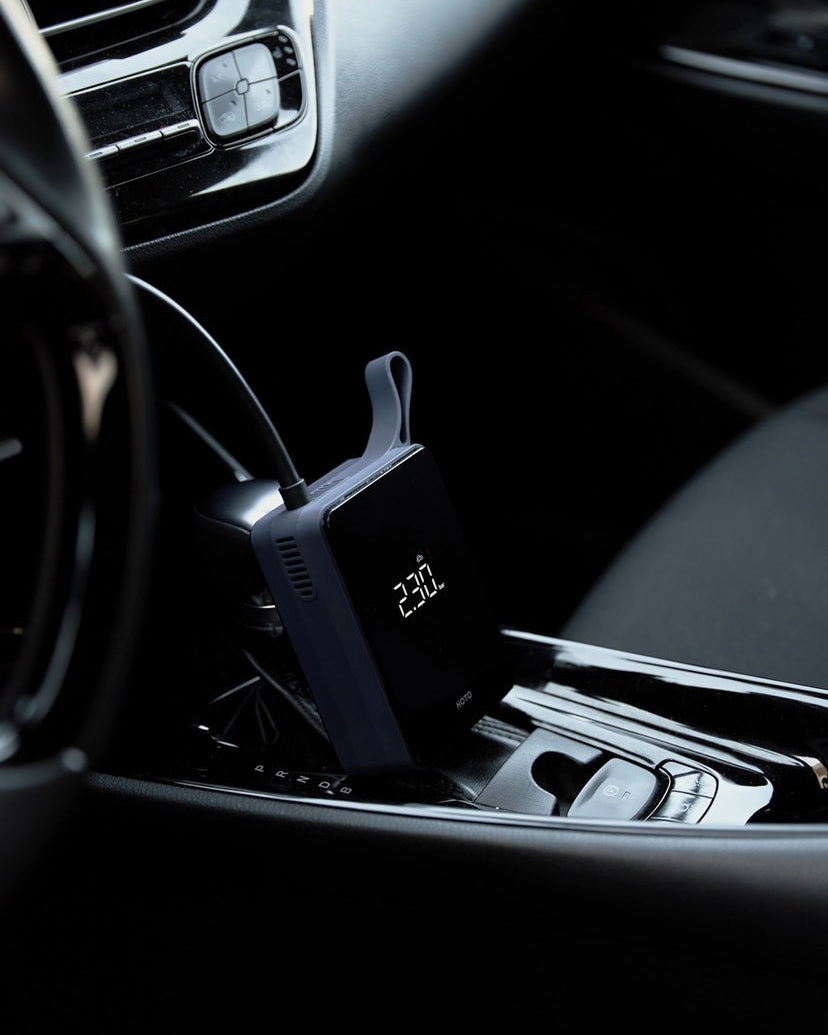
How to Put Air in Your Tires - Air Pumping 101 for Car Tires
Did you know that having the correct air pressure in your tires can improve fuel efficiency and safety? It's true! According to the National Highway Traffic Safety Administration (NHTSA), under-inflated tires can reduce your MPG (Mile Per Gallon) and affect handling, stopping, and impact-crash avoidance systems. To avoid these issues and keep your tires properly inflated, we recommend checking out our portable air pump! It's a great way to stay safe and save on gas at the same time.
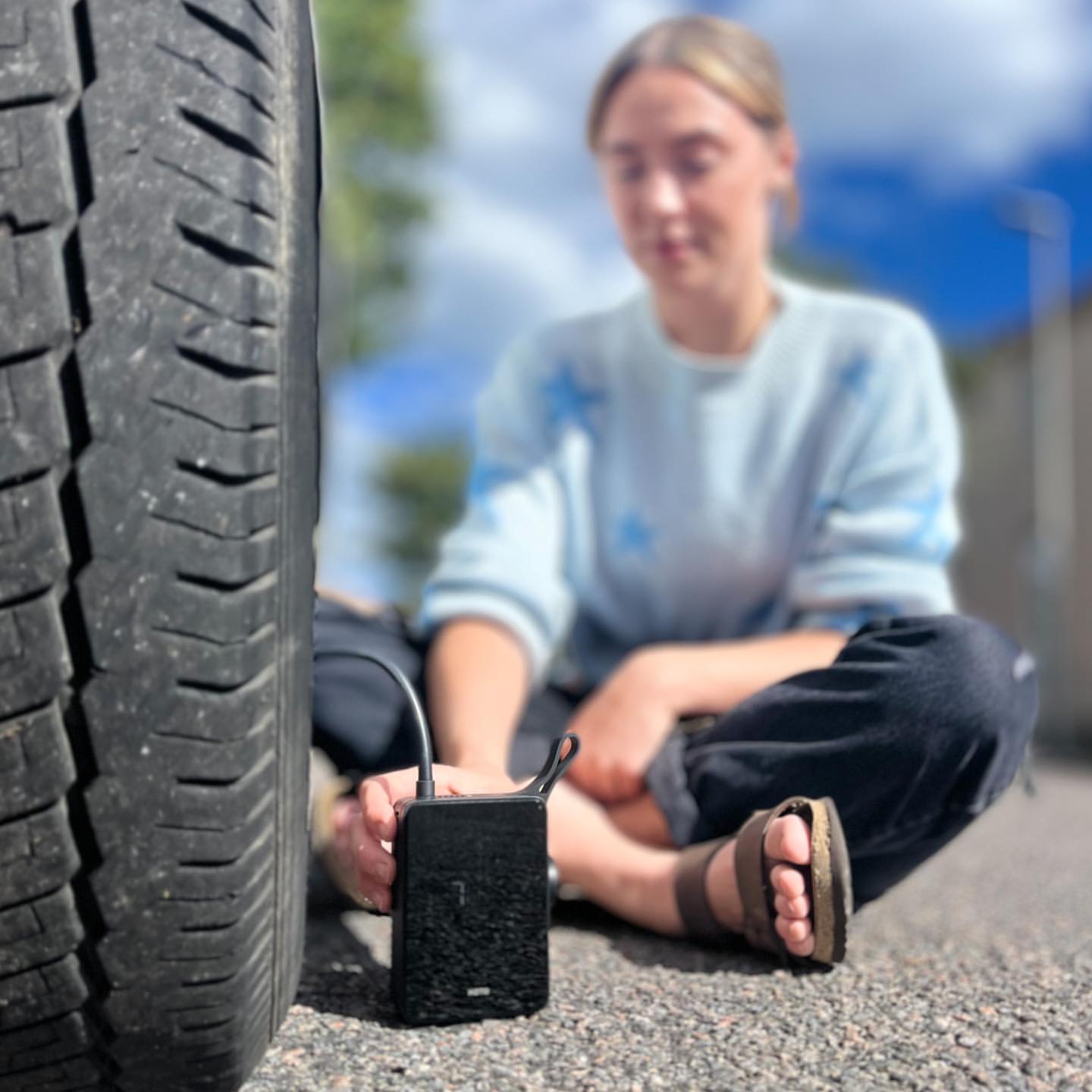
How Do You Know How Much Air to Put in Your Tires
Just wanted to give you a heads up that the PSI printed on the side of your tire is actually the maximum (cold) pressure that shouldn't be exceeded. It's not the recommended pressure for your vehicle's tires, which can be very different.
You can find the recommended tire pressure for your vehicle (including the spare tire) in your owner's manual or on the driver's side door sticker. In most cases, it will list the pressure for both the front and back wheels when they're cold, like first thing in the morning or before you start driving.


Vehicle Loading (Tesla 2023)
How to Put Air in Your Tires
Whether you're at home or at the gas station, adding air to your tires can be quick and easy. Here are some simple steps to follow:
- Check your tire pressure. It's important to do this in the morning or when the tires are cold to get an accurate reading. Simply use a tire pressure gauge to check the pressure in each tire. These gauges often look like a metallic pencil with a sliding measuring device on one end and a tire valve connection on the other.
- Park your car in a good spot. Make sure you park in a safe spot where you can easily reach all four tires with the air hose.
- Remove the tire valve cap. Put it in your pocket so you won't lose it.
- Place the compressor fitting firmly on the tire valve stem. Then begin to inflate your tire. You'll hear air going into the tire. If you hear or feel air coming out, readjust the connection between the air nozzle and the valve stem on the tire.
- Add air for a a minute. Keep in mind that not all air inflator pumps at the same rate. You'll want to inflate and check your tire pressure often. Add air as needed. To remove air, quickly push in the center pin located inside your tire valve.
- Replace the valve cap. This helps keep more air in your tires for a longer period of time, and can keep road debris (dirt and more) from getting into the valve.
HOTO Tip: If you're not near a gas station, you can use a portable air pump in an emergency, it is always good to keep one with you to pump tires whenever they are low on pressure.
Check Your Tire Pressure Monthly
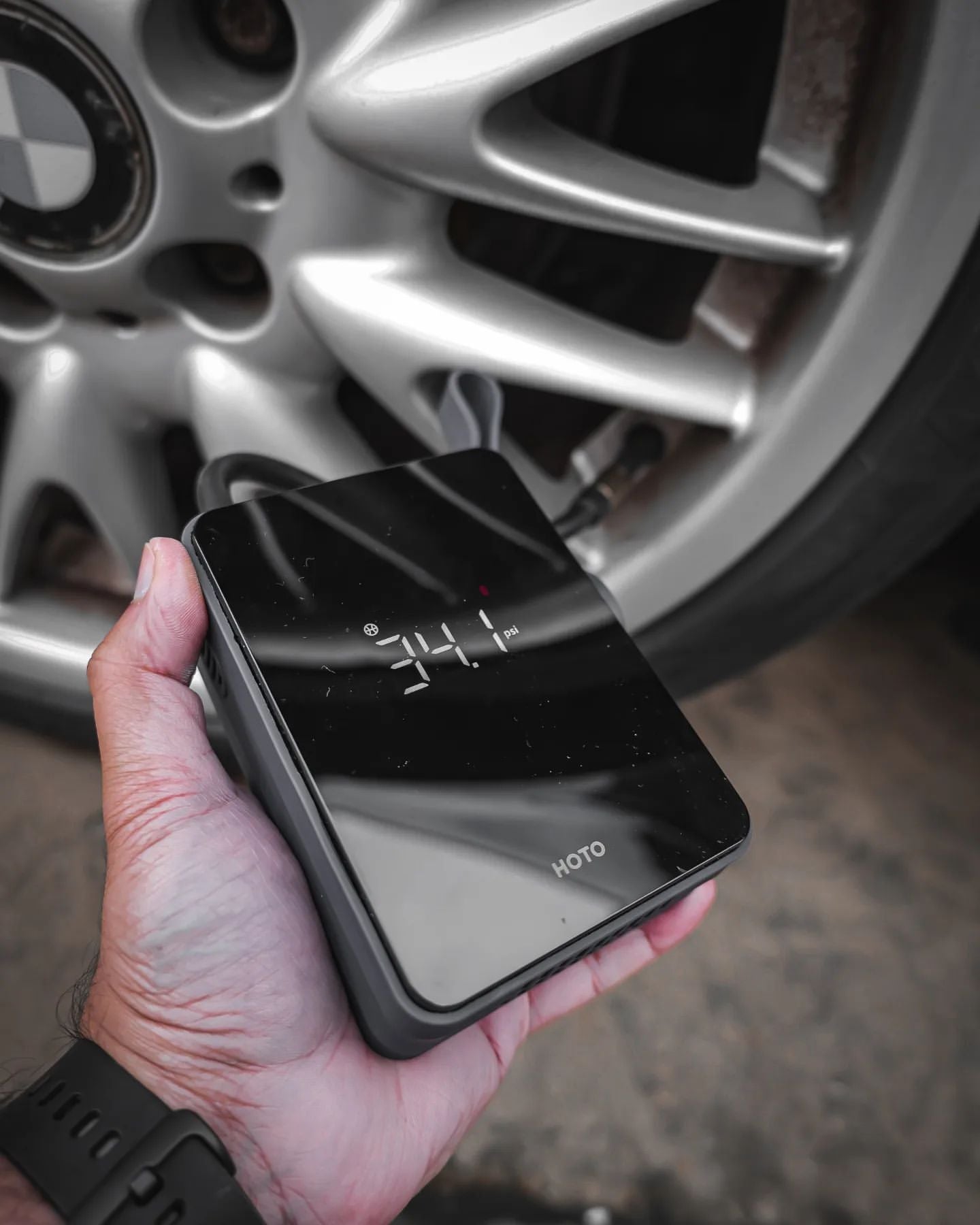
We have to remind you that your tires might lose a pound of pressure every month, which can really add up over time. But no need to worry! We've got you covered. Whenever you're out and about, you can check your pressure with a local car servicing station, or you can simply use HOTO Air Pump as an air pressure gauge to ensure the pressure is just right.
Can You Drive on a Tire with Low Air?
The answer is not always straightforward, but let's break it down. When driving in deep snow, reducing tire pressure can provide more grip on the road. However, this technique is not recommended because it can damage your tires or even cause them to fail. Unless you can always keep your actual tire pressure in mind and measure it with an air pressure gauge.
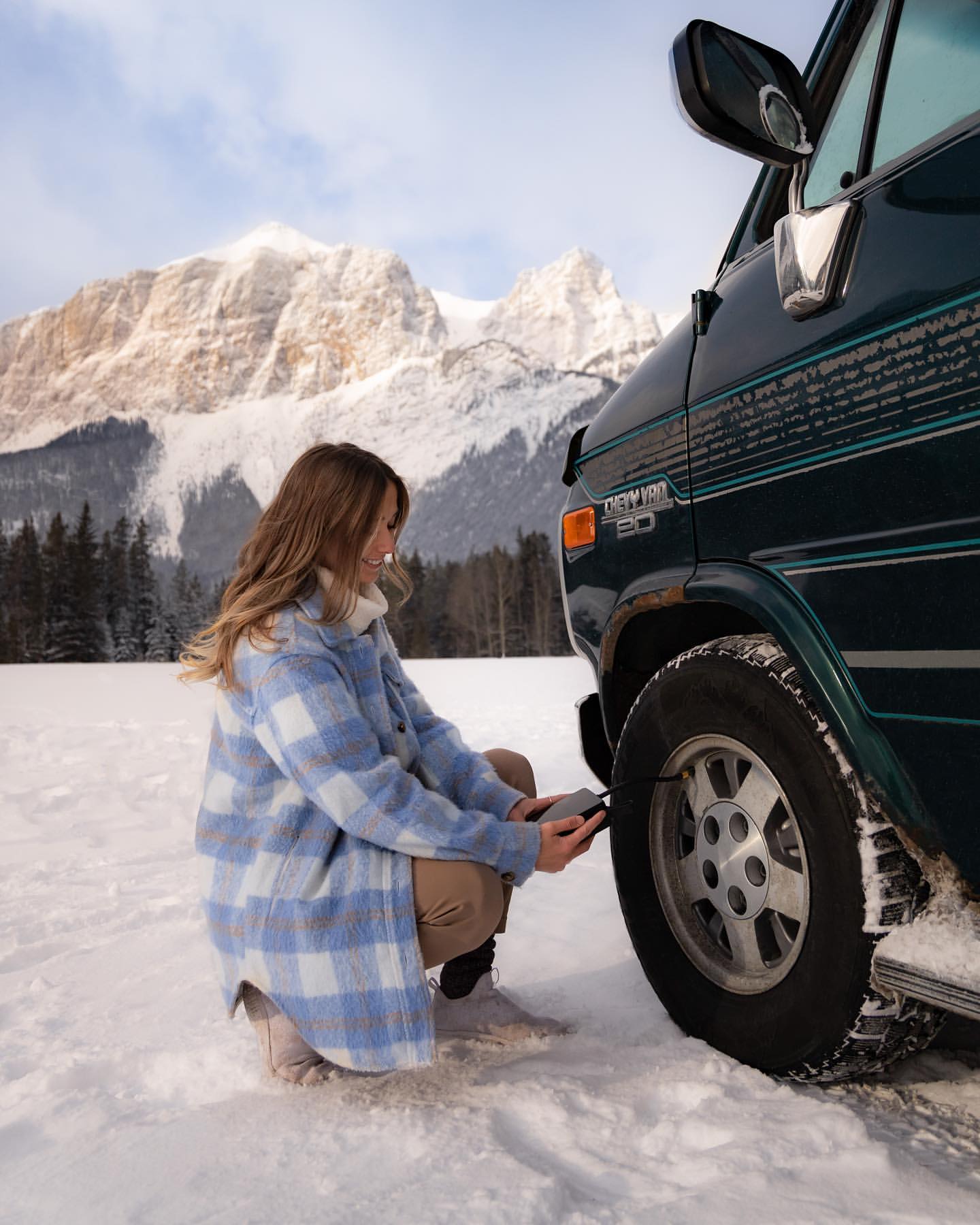
If you ever find yourself with a flat tire and can't inflate it right away, don't worry! The best thing to do is to change to your spare tire and visit the nearest car servicing station as soon as possible. If your vehicle has run-flat tires, they are designed to allow you some time to get to a safe parking spot, and use HOTO Air Pump to reinflate it. Remember to do this whenever your car lights up a low-pressure tire signal. Stay safe on the road!
Put Air in Your Tires with HOTO Air Pump
We highly recommend using the HOTO Air Pump for all your air inflation needs. Here's why:
- It has a built-in tire pressure reader that is accurate up to 1 PSI.
- It can inflate low-pressure tires (29psi-36psi) in just 2 minutes and flat tires (0psi-36psi) in 9 minutes. This has been tested with a 205/55 R16 tire.
- It is compact in size, making it easy to store in your glove compartment or door pocket. Plus, it can be easily recharged with a USB-Type C cable.
↓ CLICK TO SHOP: HOTO AIR PUMP ↓
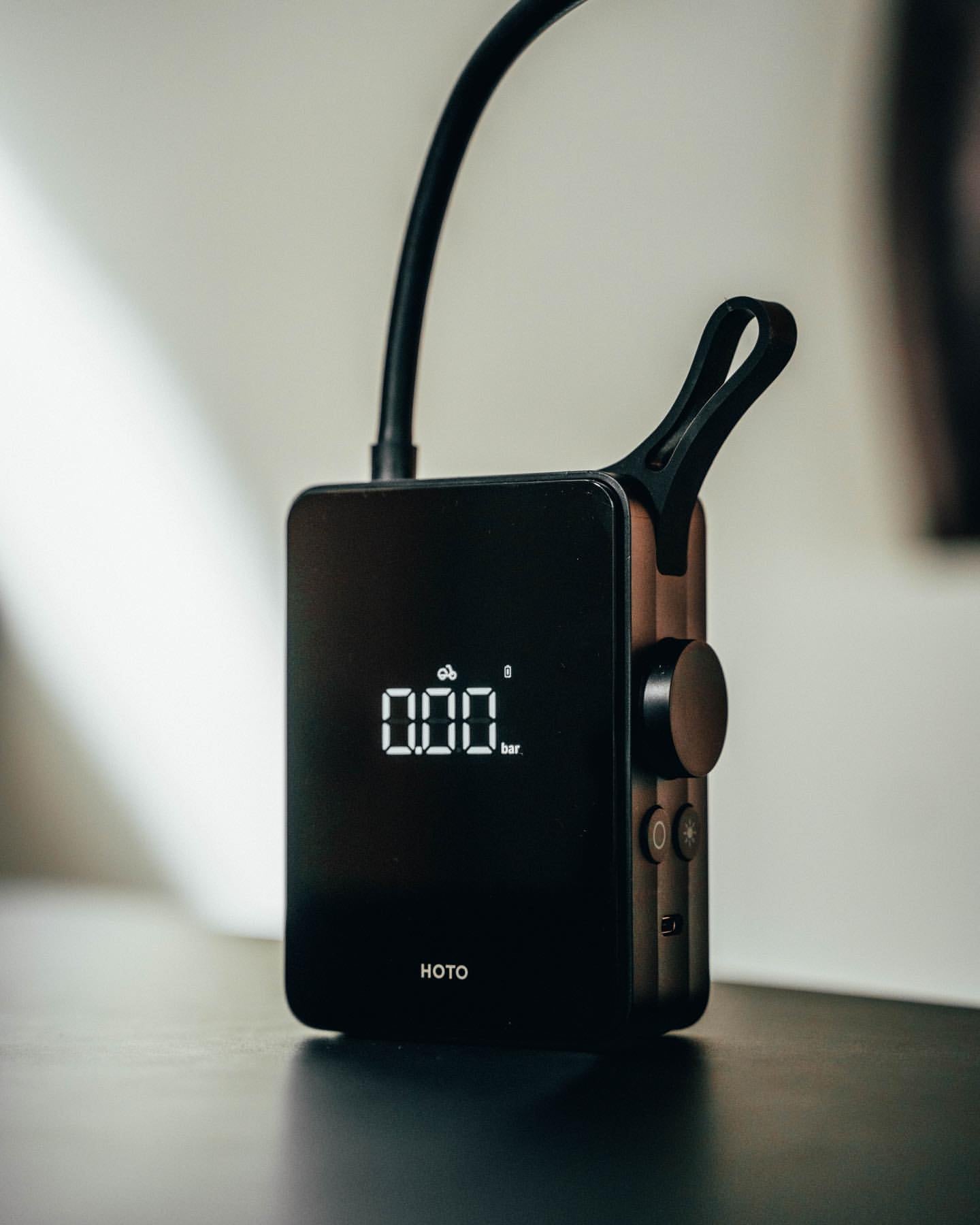
In addition to putting air in your tires, the HOTO Air Pump also has 4 preset modes for inflating motorcycles, bicycles, and balls. Take it with you on everyday drives, road trips, bike rides, family trips, and so much more!
Thank you for considering the HOTO Air Pump for all your air inflation needs.



